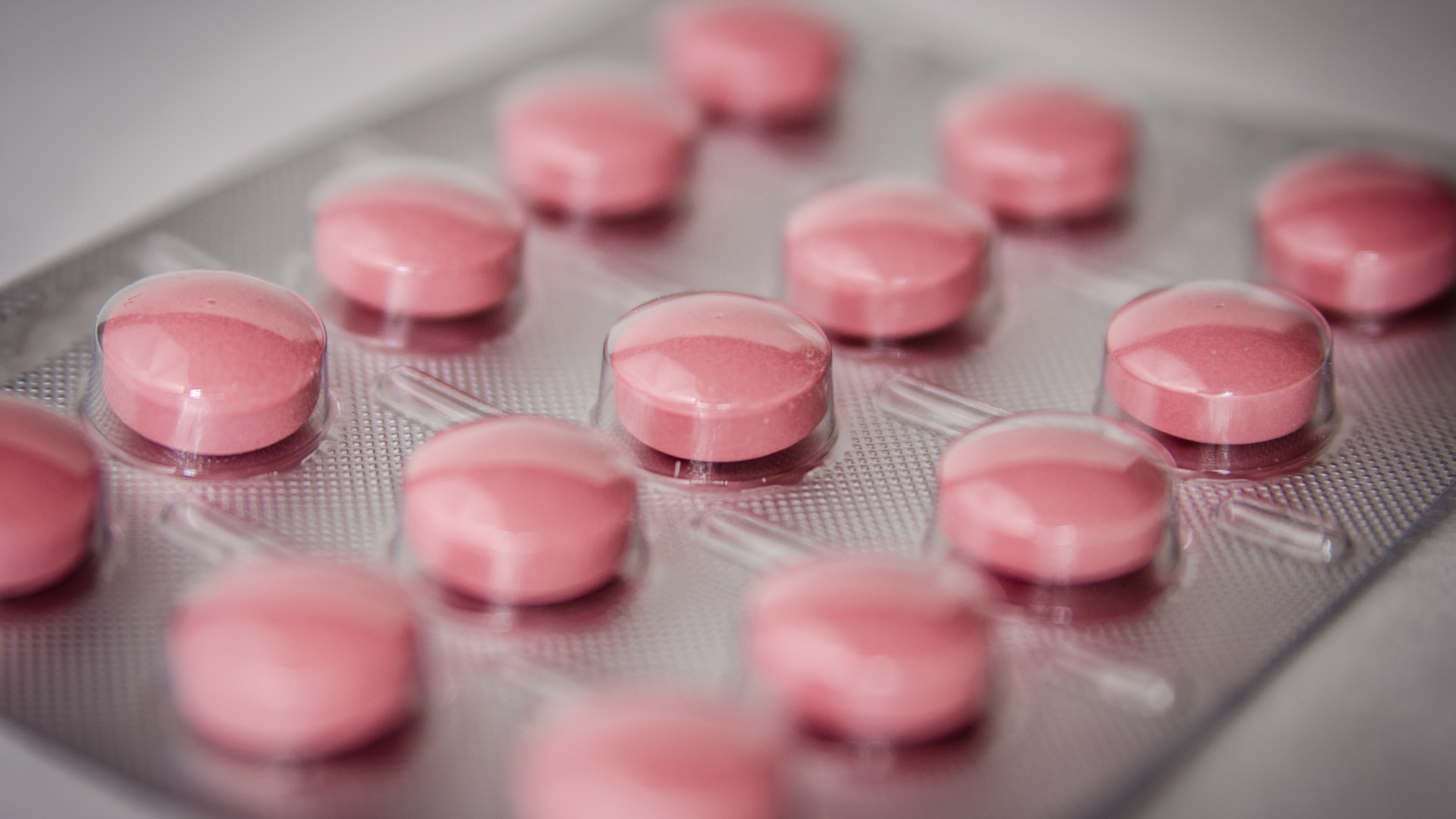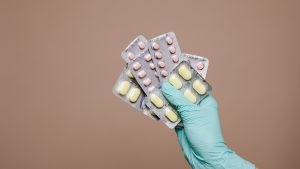Oral drugs are available in various formats, including tablets, liquids, and even powders. Each has advantages and disadvantages in terms of how effectively they perform, how easy they are to use, and their safety. However, their overall goals are the same: treat or prevent sickness.
The type of drug and how long it lasts
So, why are drugs available in various forms? “Getting the drug to the spot where it needs to be is the major goal of placing a pharmaceutical in a certain form,” explains Gina J. Ryan, Pharm.D., chair of Pharmacy Practice and clinical professor of Pharmacy Practice at Mercer University.
Some medications, Ryan explains, may not be effective in particular sections of the body. Stomach enzymes, for example, which aid in the breakdown of protein in food, can destroy some medicines. Dr. Ryan explains, “That’s why you might have to give an injection.” “Or there are medications that are applied to the skin.” Certain drugs, such as insulin, are only accessible in a non-oral form. Others, like cancer drugs, come in a variety of formats, including injections, liquids, pills, and topical therapies.
The longevity of a medication, or how long it takes the body to break it down, is also affected by its shape. Patches and extended-release pills transfer medications slowly into the body, extending the life of the substance.
What are the various types of oral medications available?
Both injections and patches are medications that skip the digestive system. Oral drugs are swallowed whole, and they usually don’t start working until they enter the bloodstream and reach the stomach or bowel.
Tablets
Tablets are made by mixing drugs with a binder powder, then molding and pressing them into a tablet shape. Most tablets have a thin coating on them to make them easier to swallow, aid in medication dissolution in the stomach, or protect the stomach. Pills with an enteric coating absorb in the small intestine. Tablets come in a variety of shapes and sizes:
- Chewable pills dissolve quickly in the stomach and are absorbed rapidly, providing a rapid beginning of the action. They could come in a variety of flavors.
- Tablets that disintegrate on the tongue are known as orally disintegrating tablets. Certain anti-nausea and migraine drugs, for example, flow straight into the bloodstream and function the fastest.
- Sublingual pills are placed beneath the tongue. Nitroglycerin pills, for example, are quick-acting medications.
- Effervescent tablets are dissolved in liquid and then consumed.
Capsules
Capsules are a type of solid dose. The drug is protected by a hard or soft shell that dissolves in the stomach, commonly formed of gelatin.
Spansules
Spansules are capsules that release drugs slowly over a long period. Dexedrine, for example, is a dextroamphetamine-containing capsule used to treat attention deficit hyperactivity disorder. The first dose is delivered quickly while gradually absorbing the remaining medication.
Softgels
Softgels, also known as liquid gels, are identical to capsules except that the medication is suspended in gelatin or another comparable substance.
Liquids
Those who have difficulty swallowing a tablet or capsule or are too young to do so, such as newborns and youngsters, should take liquid drugs. They must be accurately measured (with a suitable measuring device instead of a kitchen teaspoon), and they’re not as easy to transport as solid dosage forms.
Powders or granules
Powders frequently come pre-measured in packets and are designed to be dissolved in water, whereas granules are blended into water or a tiny bit of soft food like yogurt. Granules or powders may be preferred by people who have difficulty swallowing pills.
Which is better, a tablet or a capsule?
According to experts, there are no genuine advantages or disadvantages to these pill formulations; only what works best for the individual using them. If you’re deciding between Advil tablets and Advil liquid-gel capsules in the drugstore, here are some factors to keep in mind:
- Tablets and capsules have a longer shelf life than liquid medication forms since they are solid dosage forms. The actual expiration date can be seen on the package.
- Ease of swallowing:Some people prefer tablets, while others prefer capsules; however, this varies by medicine. There are small, easy-to-swallow medications and then “horse pills.” On the box of many over-the-counter medications, you’ll see a picture of the pill in its actual size and form, which will indicate how easy it will be to take.
- Price:The price is determined by elements such as whether the medicine is a brand name or a generic and the number of pills in the bottle.
- If you need to split a dose, you’ll need to use a tablet rather than a capsule because capsules can’t be broken. Some extended-release tablets, on the other hand, cannot be separated. For more information, consult the manufacturer’s instructions or ask your pharmacist.
Your pharmacist can answer any queries you have concerning different formulations.





